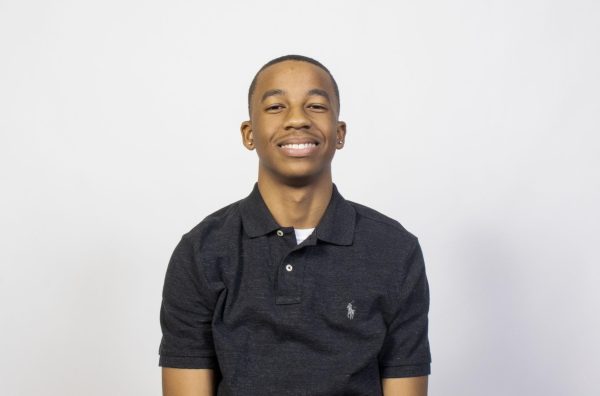Intelligence is hard to quantify
August 23, 2017
I have a friend who is a graduate student at a well-known Californian university, where she studies chemical engineering. In her free time, she creates freelance art and comics, and sometimes volunteers with herpetology organizations, teaching urban children about snakes and lizards. By all traditional measures, she is the picture of intelligence.
She cannot drive. She has failed her driver’s test at least seven times.
Last year, I had a student who had a head for both figures and figments. She argued admirably, even for a high school sophomore, and could keep track of countless tiny factoids. She dripped passion about every topic we could possibly work on. Every paper she wrote was expertly constructed, and I always looked forward to hearing from her.
When she gave her class speech, there was a missing performance element. Somehow, she read and performed her speech like a robot. It was as if she had watched a million TedX talks and carefully choreographed a speech in their likenesses, but forgot to put any measure of emotion into her speech.
My best friend, an accomplished tuba player and an excitable history buff, cannot draw. I have written articles for The News for years now, but I still have not learned to tell left from right without holding up my hands.
Recently I have been thinking about how we measure and quantify intelligence, and the more I think about both the psychological understanding of intelligence and the complicated people in my life, the less I believe in the very concept of intelligence.
It might sound extreme to discount everything we think about what makes someone “smart,” but when we get down to the facts, there are almost no firm ideas about what intelligence is or is not. Take IQ testing for example. IQ tests are easy-to-read, one-size-fits-all approaches to intelligence, accounting for only a few subsets of skill and knowledge. An IQ test cannot tell if someone is a musical prodigy, and will never be able to distinguish between someone who knows everything about botany and someone who can actually take care of plants.
Additionally, the old guard of knowledge—tests like the IQ battery, standardized measures like the ACT and SAT as well as other quantitative tests—are all easy to skew. If you offered an American child and a Tongan child a list of lengths and asked them to find the length that is closest to the length of five footballs fields, the American child will have a distinct advantage over the Tongan child based on cultural knowledge of essential background information. Knowledge is hard to quantify when so much of the knowledge we use is essentially cultural and situational.
Even more fluid, permissive understandings of intelligence have their issues. The popular theory of multiple intelligences lists eight possible fields of intelligence, but little empirical support exists for the theory, according to Thomas Armstrong’s Multiple Intelligences in the Classroom. Multiple intelligence proponents can argue around this lack of solid evidence, but even so, the proposed intelligences can be divided down to smaller and smaller parts. Where do we draw lines on different skills and disciplines?
It even goes beyond science. The traditional view of intelligence is mired in elitism, steeped in classism and educated by racism and sexism. We are taught to value mathematical and linguistic skill above musical and interpersonal skill, but what evidence do we have that one is really more important than the other?
I refuse to think of myself as an “intelligent” or “unintelligent” person anymore. I am an amalgamation of skills and talents offset by weaknesses and inabilities. There is no sum total to be found. I cannot subtract my weaknesses from my skills to find the definitive number that describes my ability; my weaknesses inform my strengths, and my strengths inform my weaknesses.
Shelby Niehaus is a senior English language arts major. She can be reached at 581-2812 or [email protected].











































